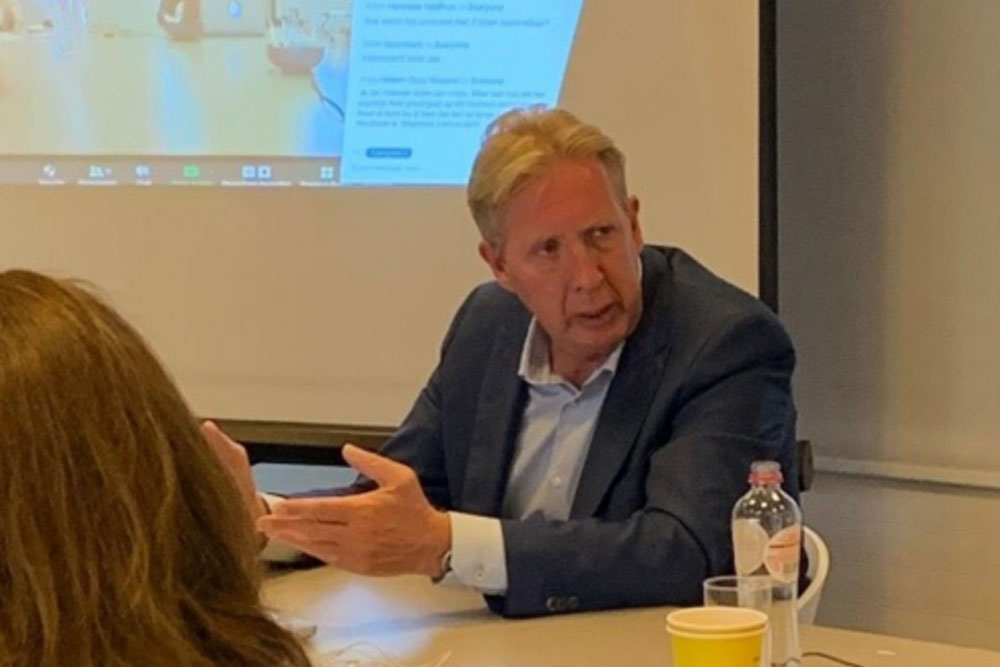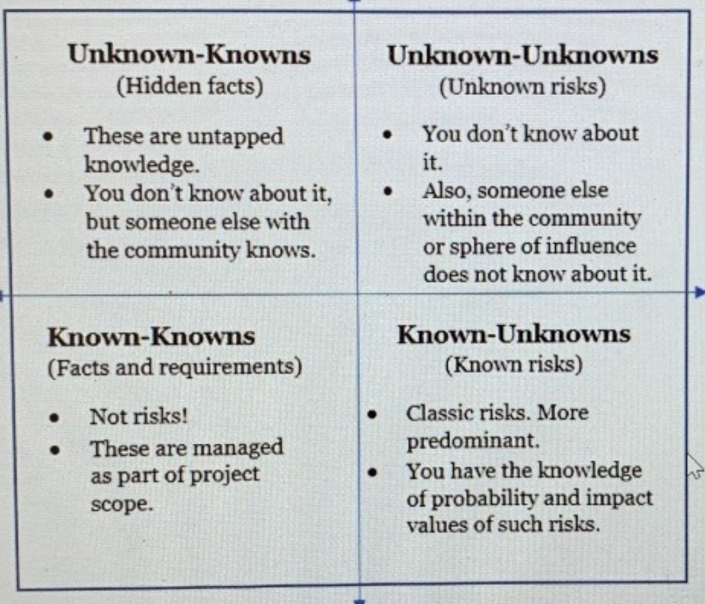Our meeting on June 18 of the Change Management Platform NL was again very successful! The highlight was guest speaker Jan Rotmans, Professor of Transition Studies at Erasmus University Rotterdam. The theme of this meeting: In Times of Crisis; what does that mean for companies?
A beautiful topical theme that we all have to deal with. Resulting in a session full of inspiration!

The CMP met completely Corona-proof in hybrid form, part was physically present and the rest online. We will take you through the story of Jan Rotmans that was central to the meeting!
‘Chaos’
This Corona crisis brings chaos. But is that bad? ‘Chaos’ means ‘birth’ in Greek, according to Rotmans chaos means that we come to the core of transition. We need crises to change our behaviour. A real transition can only take place after several crises. Jan Rotmans predicts that the world will not change completely due to this crisis, people will quickly return to old behavior. But part of the human being will actually change, and that means a good start to a transition!
The blind spot
This crisis penetrates deeply at the system level, this has to do with how we as a society deal with uncertainties. This Corona crisis falls under the Unknown-Knowns (Hidden facts). We knew this could happen, but we pushed it aside. The blind spot. Things we know, but systematically forget. According to Jan Rotmans, this shows that organizations need to develop different scenarios, expect the unexpected. He explains that every revenue model in every sector is currently under pressure. He predicts that 3 out of 5 organizations will eventually perish in the tipping phase of a transition, organizations must become more shock-resistant. This requires building buffer capacity and dealing with uncertainties and risks. Because it turns out, says Jan Rotmans, that companies are not prepared. For example, many show risk-avoiding behavior, or have a fear of change and have a short-term focus. The most agile organizations will survive!
For example, Jan Rotmans says that there are two reactions to how organizations respond to a crisis: 1. Pure survival mode, you see this in most organizations 2. Organizations that really do things differently during a crisis, but you hardly see this. Companies must become agile in order to be able to respond to rapid changes from outside.
What can you do as an organization to remain standing during and after this crisis:
- Using crises to really implement changes
- Invest in revenue models that you can earn money with in 10 years
- Focus more on social return, this is more important than financial return, especially for the younger generation
- Don’t try to include everyone in the transition of your company. Take your time: changing culture in a company can easily take 10 years. Invest in the personal transition of people within a company.
These inspiring highlights from the CMP meeting led to beautiful dialogues among those present. Topics we haven’t talked about for a long time. We see that the members of the CMP, especially in these turbulent times, have a lot of support for each other. Learning from and inspiring each other creates impact. This was very tangible during this meeting!
Knowing more?
Would you like to exchange thoughts with us about this article or topic? Please contact us at [email protected].
Do you need help with your change & transformation challenges?
SPRING TODAY provides the Change & Transformation experts who speak the language of the organization and understand the challenges and complexity of the context. They connect, create movement and set a route to “the organization of tomorrow!’’

